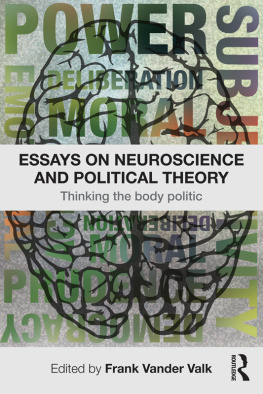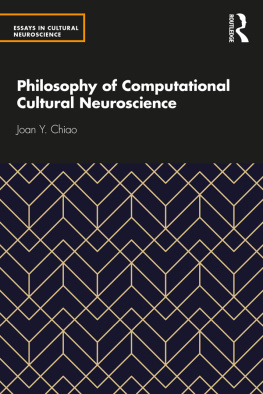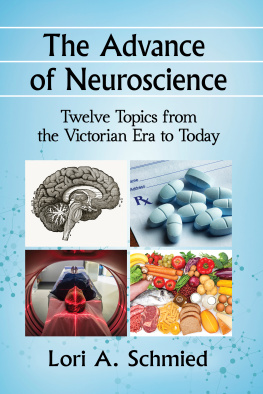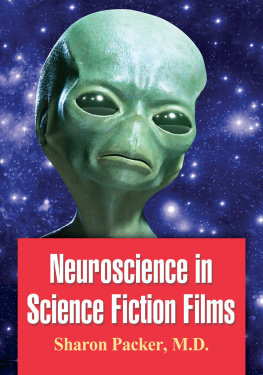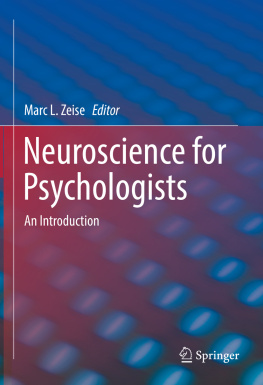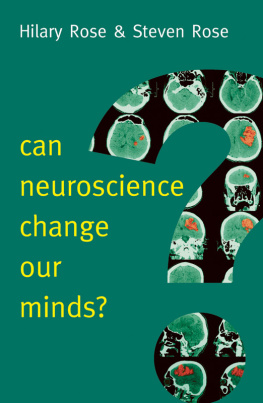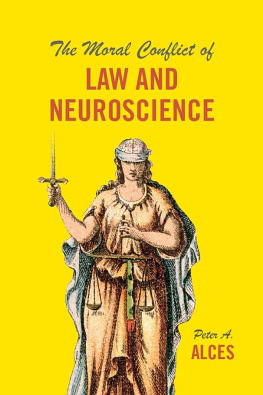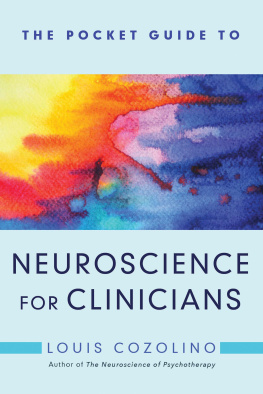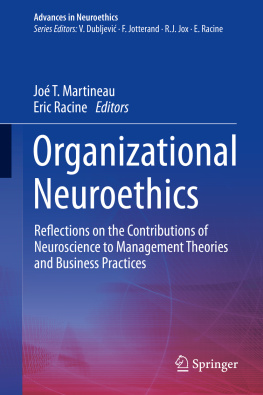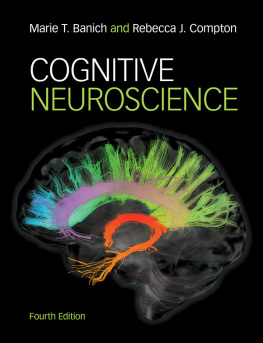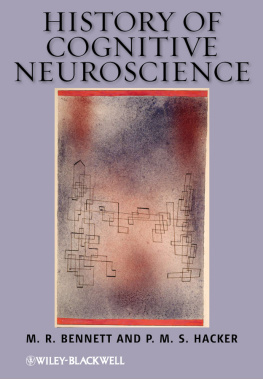ESSAYS ON NEUROSCIENCE AND POLITICAL THEORY
The past 20 years have seen increasingly bold claims emanating from the field of neuroscience. Advances in medical imaging, brain modeling, and interdisciplinary cognitive science have forced us to reconsider the nature of social, cultural, and political activities. This collection of essays is the first to explore the relationship between neuroscience and political theory, with a view to examining what connections can be made and which claims represent a bridge too far.
The book is divided into three parts:
- places neuroscience as a social and political practice into historical context
- weaves together the insights from contemporary neuroscience with the wisdom of major figures in the history of political thought
- considers how neuroscience can inform contemporary debates about a range of issues in political theory.
This work brings together scholars who are skeptical about the possibility of integrating neuroscience and political theory with proponents of a neuroscienceinformed approach to thinking about political and social life. The result is a timely and wide-ranging collection of essays about the role that our brain might play in the life of the body politic. It should be essential reading for all those with an interest in the cutting edge of political theory.
Frank Vander Valk is Associate Professor of Political Science and Western Civilization at the State University of New York, Empire State College. His research interests include political friendship, the philosophy of social science, and Catholic social thought.
ESSAYS ON NEUROSCIENCE AND POLITICAL THEORY
Thinking the body politic
Edited by Frank Vander Valk
First published 2012
by Routledge
2 Park Square, Milton Park, Abingdon, Oxon, OX14 4RN
Simultaneously published in the USA and Canada
by Routledge
711 Third Avenue, New York, NY 10017
Routledge is an imprint of the Taylor & Francis Group, an informa business
2012 Frank Vander Valk, selection and editorial matter; contributors, their contributions
The right of Frank Vander Valk to be identified as the author of the editorial material and of the author of his individual chapters has been asserted by him in accordance with the Copyright, Designs and Patent Act 1988.
All rights reserved. No part of this book may be reprinted or reproduced or utilized in any form or by any electronic, mechanical, or other means, now known or hereafter invented, including photocopying and recording, or in any information storage or retrieval system, without permission in writing from the publishers.
Trademark notice: Product or corporate names may be trademarks or registered trademarks, and are used only for identification and explanation without intent to infringe.
British Library Cataloguing in Publication Data
A catalogue record for this book is available from the British Library
Library of Congress Cataloging in Publication Data
Essays on neuroscience and political theory : thinking the body politic / edited by Frank Vander Valk.
p. cm.
Includes bibliographical references and index.
1. Biopolitics. 2. Neuroscience Political aspects. 3. Political science.
I. Vander Valk, Frank.
JA80.E79 2012
320.01 dc23
2011038601
ISBN: 978-0-415-78201-2 (hbk)
ISBN: 978-0-415-78202-9 (pbk)
ISBN: 978-0-203-12421-5 (ebk)
CONTENTS
Frank Vander Valk
Maurizio Meloni
Jan Slaby, Philipp Haueis, and Suparna Choudhury
Patricia Easton
John G. Gunnell
Leslie Paul Thiele
James R. Martel
Adrian Johnston
Romand Coles
Marlene K. Sokolon
Machiel Keestra
Frank Vander Valk
Emily Ngubia Kuria
Contributors
Suparna Choudhury is Junior Professor at the Max Planck Institute for the History of Science and the Berlin Institute for Mind and Brain, Humboldt University, Germany. Her research examines the emergence of the neurological adolescent. She has also published on cultural neuroscience and topics at the intersection of neuroscience and society. She is an Adjunct member of faculty at the Division of Social and Transcultural Psychiatry at McGill University, Montreal.
Romand Coles is the Frances B. McAllister Chair and Director of the Program for Community, Culture, and Environment at Northern Arizona University. His publications include Beyond Gate Politics: Reflections for the Possibility of Democracy; Christianity, Democracy, and the Radical Ordinary: Conversations Between a Radical Democrat and a Christian (with Stanley Hauerwas); Rethinking Generosity: Toward a Post-secular Caritas; and Self/Power/Other: Political Theory and Dialogical Ethics.
Patricia Easton is Professor of Philosophy at Claremont Graduate University. She is co-author with Thomas Lennon of The Cartesian Empiricism of Franois Bayle (1992), editor of the Descartes Web Site: Passions de LAme and Passions of the Soul, and editor of Logic and the Workings of the Mind (1997).
John G. Gunnell is a Distinguished Professor Emeritus in the Department of Political Science, the State University of New York at Albany and currently a Research Associate in the Department of Political Science, University of California, Davis. His latest book is Political Theory and Social Science: Cutting Against the Grain (2011).
Philipp Haueis is a graduate student in philosophy at the Humboldt University, Berlin, and a research assistant at the Cluster of Excellence Languages of Emotion at Free University Berlin.
Adrian Johnston is a Professor in the Department of Philosophy at the University of New Mexico at Albuquerque and an Assistant Teaching Analyst at the Emory Psychoanalytic Institute in Atlanta. He is the author of Time Driven: Metapsychology and the Splitting of the Drive (2005), ieks Ontology: A Transcendental Materialist Theory of Subjectivity (2008), and Badiou, iek, and Political Transformations: The Cadence of Change (2009). With Catherine Malabou, he has co-authored a book on affects entitled Self and Emotional Life: Merging Philosophy, Psychoanalysis, and Neurobiology (forthcoming). He is currently working on a two-volume project addressing forms of materialism ranging from historical and dialectical materialisms to such recent developments as speculative realism.
Machiel Keestra is Assistant Professor at the Institute for Interdisciplinary Studies at the University of Amsterdam where he teaches in several programs, including its Natural & Social Sciences program and Brain and Cognitive Sciences program. He published in Dutch edited volumes on Ten Western Philosophers (2000), Major Break-Throughs in Physics (2001) and A Cultural History of Mathematics (2006). His more recent publications are on the philosophy and neuroscience of human action (understanding) and on the foundations of neuroscience. He is board member of the US-based Association for Integrative Studies.
Emily Ngubia Kuria is completing a doctoral degree to be awarded by the Institute for Medical History, Charit Universittsmedizin Berlin. She is an associate member of the Graduate School for Gender Studies at the Humboldt University, Berlin.
James R. Martel

